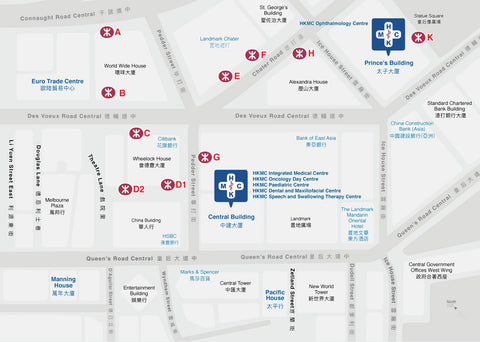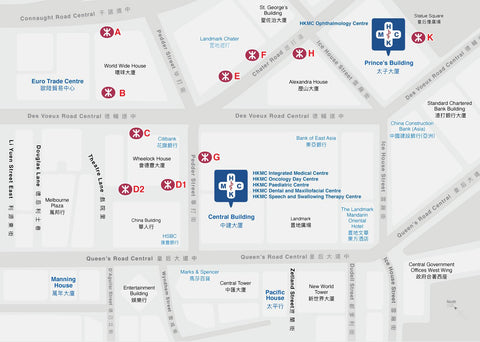
Paediatric Developmental and Behavioural Assessment
Intellectual development is one of the key predictors for education, career and life success in general. Children as early from a few months of age can be assessed on their cognitive, language, motor and socio-emotional development as well as adaptive behaviour for early identification of developmental delays and learning difficulties. For older children, they can be tested using standardized IQ tests as their intellectual ability becomes more stable. Sometimes, children at the extreme ends of the IQ spectrum such as intellectual giftedness or mental disability are identified.
Autism is one of the most common neurodevelopmental disorders, affecting 3 in every 100 school-aged children. Signs of autism can be detected as early as 2 years of age. It is important for children with autism to be identified early for prompt training referral and future planning.
Why taking the Assessment is important?
Developmental tests can help identify developmental delays in cognitive, language, motor, socio-emotional development as well as adaptive behaviour. For older children aged 5 or above, IQ testing is the gold standard to identify children across the spectrum from intellectual giftedness to those with mental disability for early education planning.
For autism screening, different trainings are available to improve the symptoms and enhance functioning in school and everyday life for children and adolescents with autism. Education for parents to provide an optimal environment for the children to learn is also important for them to achieve their full potential for life. Trainings are best when given as early as possible. Therefore, early detection is very important.
What is included in the Assessment?
For developmental test, a series of play-based activities will be carried out to test the cognitive, language, motor, socio-emotional abilities of the child. For example, children will be asked to follow commands, build blocks, stand on one foot, repeat words, match colours, etc.
For IQ testing, children will be assessed on their verbal performance, perceptual-reasoning, processing speed and working memory based on a series of activities and questioning.
For autism screening, children will go through a brief screening on signs of autism using a validated screening test for autism. Parents will be interviewed and clinical observations will be made to assess children's behaviours, social communication skills, language and interests, etc.
Children detected with intellectual giftedness or mental disability will be given advice for education planning and be referred for training if applicable. Children who exhibit signs of autism can promptly be referred for early training in social communication, language and behaviour by psychologists and speech therapists. Parents will be provided with education and advice on home training and behavioural management.
Who should take the Assessment?
Children as young as 1 month can receive developmental testing.
Children aged 2 or above can receive screening for autism.
Children aged 5 or above can receive IQ testing.
DOWNLOAD LEAFLET


